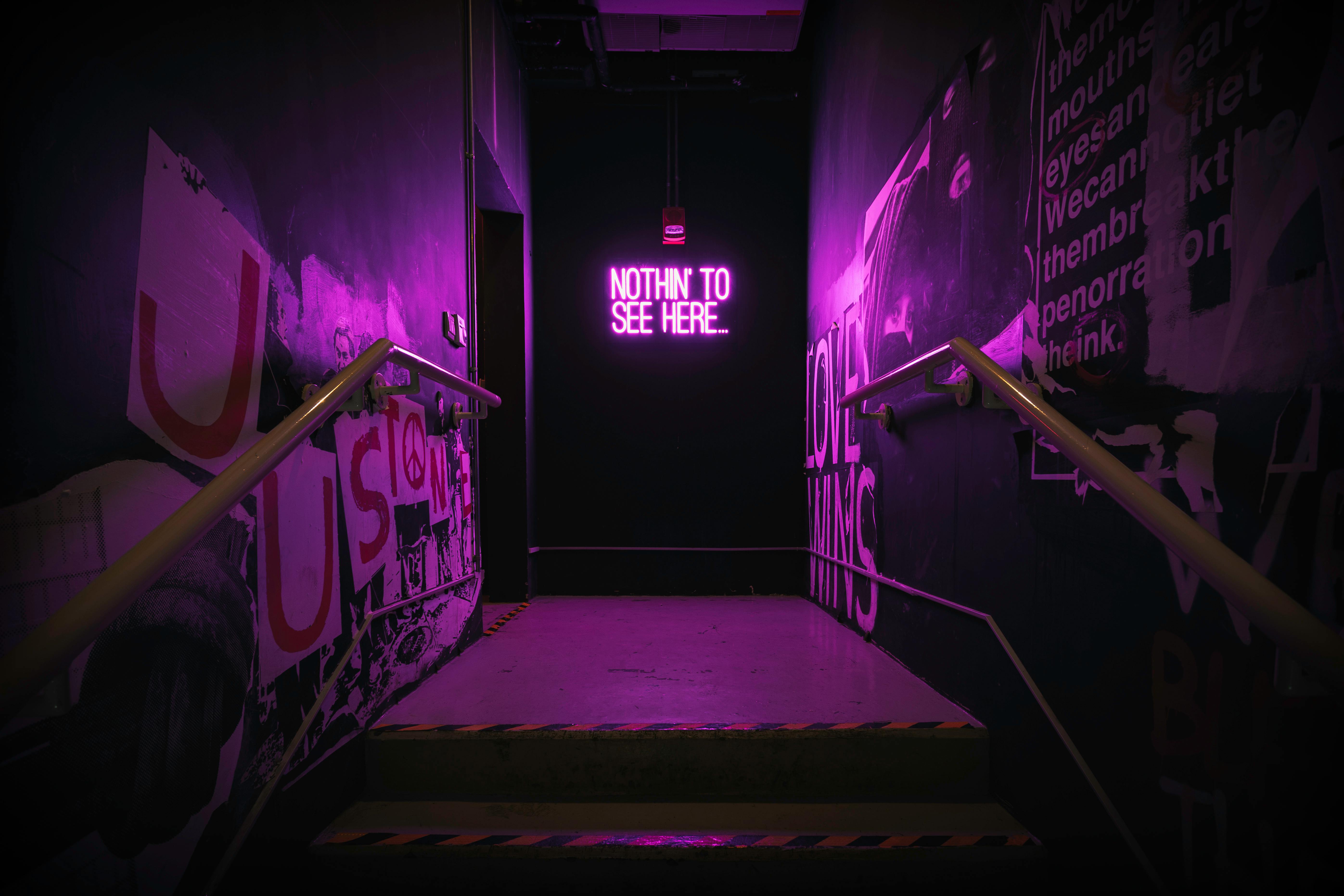Shaping Society: The Increasing Influence of Virtual Reality
The advent of virtual reality (VR) is reshaping our perception of society and interactions. This technology is not only revolutionizing entertainment but also influencing our culture, social behaviors, and identities. Read below to delve into the remarkable influence of VR on society.

The Dawn of Virtual Reality: A Historical Overview
Virtual reality, a term coined by computer scientist Jaron Lanier in the 1980s, represents a simulated experience that can be similar to or completely different from the real world. Though early VR systems were rudimentary, the concept has long held a fascination for technologists and futurists. With the advent of high-powered computing and advancements in 3D graphics, VR began to take shape in the 1990s. However, it wasn’t until the 21st century, with the launch of devices like Oculus Rift, that VR started to become a household term.
Virtual Reality as a Cultural Force
Today, VR is more than a technological marvel; it’s a cultural force. It’s changing how we consume entertainment, with immersive gaming and VR cinema offering experiences beyond traditional screens. But its influence extends beyond entertainment. VR is transforming education, with virtual field trips and immersive historical recreations offering novel learning experiences. It’s also revolutionizing therapy, with VR exposure therapy offering new treatment avenues for phobias and PTSD.
Social Interactions in the Age of Virtual Reality
Virtual reality is also reshaping our social interactions. Social VR platforms like VRChat and Rec Room allow users to interact in immersive virtual spaces, redefining the concept of socializing. These platforms blur the line between the physical and digital world, challenging our notions of community and friendship. They also provide an inclusive space for people who might be marginalized in physical spaces due to disability, appearance, or social anxiety.
Virtual Reality and Identity
Our sense of identity is also being influenced by VR. In virtual spaces, we can adopt any avatar, challenging traditional notions of gender, race, and age. This freedom to experiment with identity can lead to increased empathy and understanding, as users can experience life from different perspectives. However, it also raises concerns about deception and authenticity in online interactions.
The Broader Implications of Virtual Reality
As VR becomes increasingly integrated into our lives, it’s crucial to consider its broader implications. On one hand, it offers incredible potential for education, therapy, and social connection. On the other hand, concerns about addiction, isolation, and the blurring of reality need to be addressed. As we step into this brave new virtual world, it’s essential to navigate its benefits and challenges with care and thoughtfulness.
In conclusion, virtual reality is much more than a technological novelty. It’s a powerful tool that’s reshaping our society in profound and exciting ways. As we continue to explore its potential, it’s important to keep in mind both its promise and its pitfalls.






